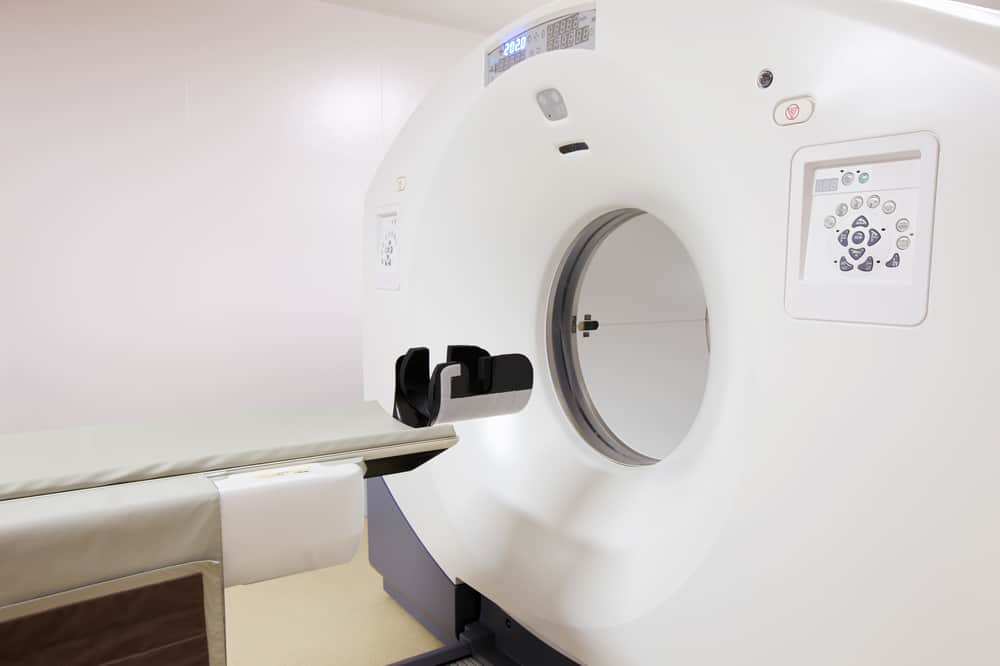Contents:
- Medical Video: Only a Genius Or a Person With a Mental Illness Can Answer This
- 1. I can't be crazy
- 2. Mental illness is caused by unhappy childhood
- 3. People with mental disorders only exaggerate the condition
- 4. People with mental illness tend to commit acts of violence
- 5. People try suicide just to get attention
- 6. Mental disorders cannot be cured
- 7. Mental disorders can only attack adults
Medical Video: Only a Genius Or a Person With a Mental Illness Can Answer This
Psychiatric or psychological illnesses that are difficult to understand. Unlike flu or cancer, symptoms of a mental disorder are not as easily recognized. But that doesn't mean it's impossible. To get to know this issue more deeply, you must first throw out the following wrong thoughts or myths of mental disorders.
1. I can't be crazy
Mental disorder is synonymous with madness. Madness itself is usually described as a clearly visible condition, for example, people who are dressed in rags and talking alone on the roadside. Therefore, many people consider themselves impossible to go crazy. In fact, there is never a clear boundary between madness and sanity.
According to basic health research (Riskedas) recorded by the Ministry of Health, in Indonesia there are around 14 million people with mild mental disorders (ODGJ) such as anxiety or depression and 400,000 ODGJ such as schizophrenia. This disorder can affect anyone, regardless of social status, religion, race, ethnicity, ethnicity, gender, or age.
2. Mental illness is caused by unhappy childhood
There is a stigma circulating in society that mental disorders must be caused by the nature of someone who is weak or stubborn. Many people also seek justification for the disorder experienced by blaming unhappy childhood or someone's weak faith.
In fact, every ODGJ has more than one risk factor. Mental disorders cannot be caused by just one thing, but a number of factors such as genetic, environmental, lifestyle, head injury, and disability at birth.
3. People with mental disorders only exaggerate the condition
One myth of a dangerous mental disorder is that sufferers only dramatize the situation. Keep in mind, mental disorders are a serious condition where the sufferer cannot fully control his feelings, thoughts, and actions. ODGJ cannot "improve" themselves, they need support from their families, health personnel, government, and social community. In most cases, it is precisely some people who underestimate ODGJ cases.
4. People with mental illness tend to commit acts of violence
ODGJ has the tendency to commit the same acts of violence as people in general, not higher. According to a number of studies, only 3-5% of perpetrators of violence suffer from certain mental disorders. Research actually proves that ODGJ are ten times more often victims of violence than being perpetrators. In several regions in Indonesia, ODGJ was exiled, harassed, and even put in place.
5. People try suicide just to get attention
ODGJ will only commit suicide when all means to solve the problem and get previous assistance have failed. In full sanity, no one will attempt suicide. The desire to commit suicide or an obsession with death is a serious symptom of a mental disorder that must be addressed immediately.
6. Mental disorders cannot be cured
You may have heard the myth of a mental disorder which states that a disease that attacks the human psyche will not be able to recover. It has become a person's innate or destiny. This is wrong, because certain mental disorders such as addiction, kleptomania, depression, or panic attacks can be overcome and fully restored. With appropriate treatment such as psychotherapy, counseling, and medications prescribed by doctors, mental disorders can be overcome.
Indeed there are several types of mental disorders that cannot be completely cured, such as schizophrenia. However, you can still control symptoms and reduce their intensity. So, it is not impossible for ODGJ to live a normal life like working, family, and working.
7. Mental disorders can only attack adults
Half the types of symptoms of psychiatric disorders appear under the age of 14 years. Three quarters of mental disorders occur under the age of 24 years. Bipolar disorder, obsessive-compulsive disorder (OCD), eating disorders, and schizophrenia may be experienced by toddlers, children and adolescents, not just adults.












